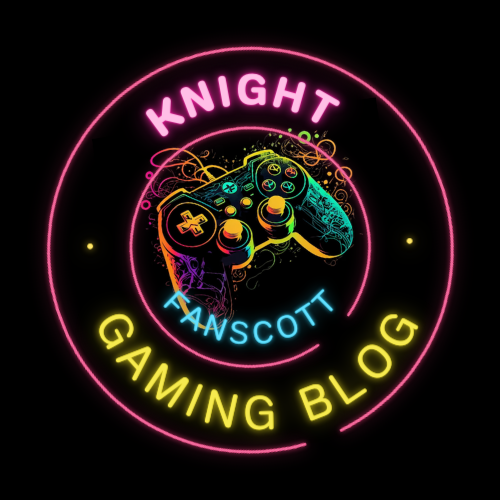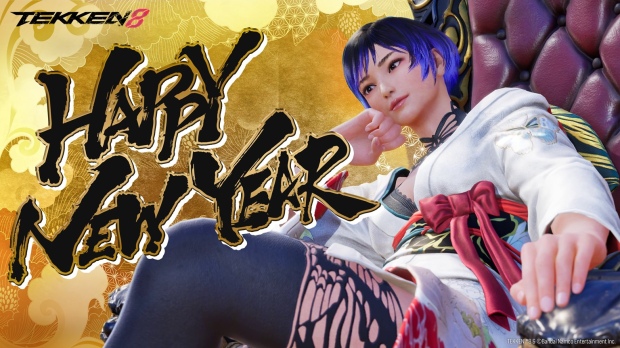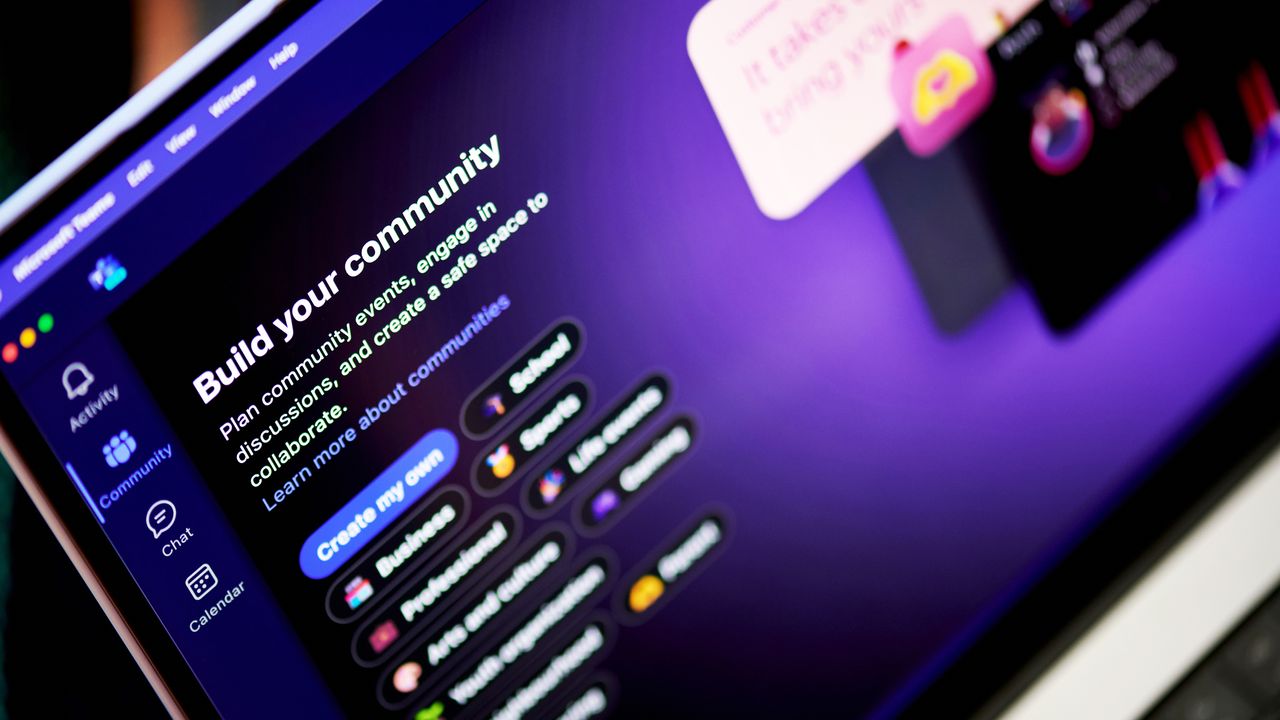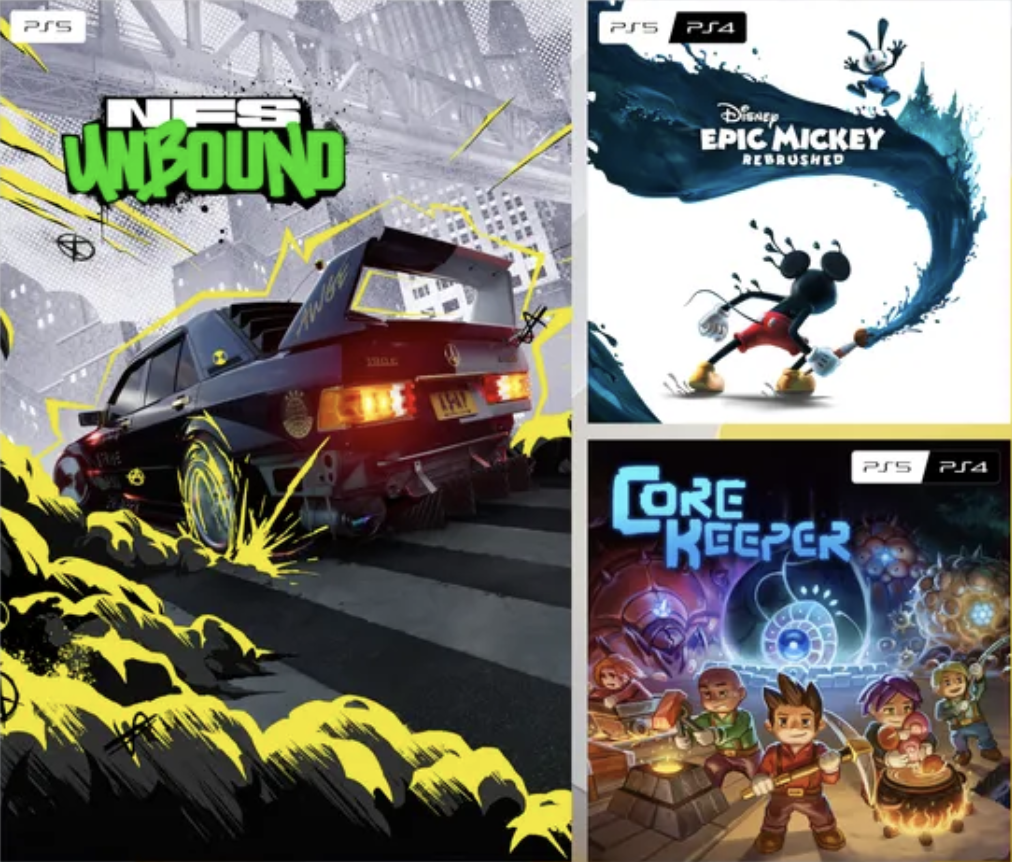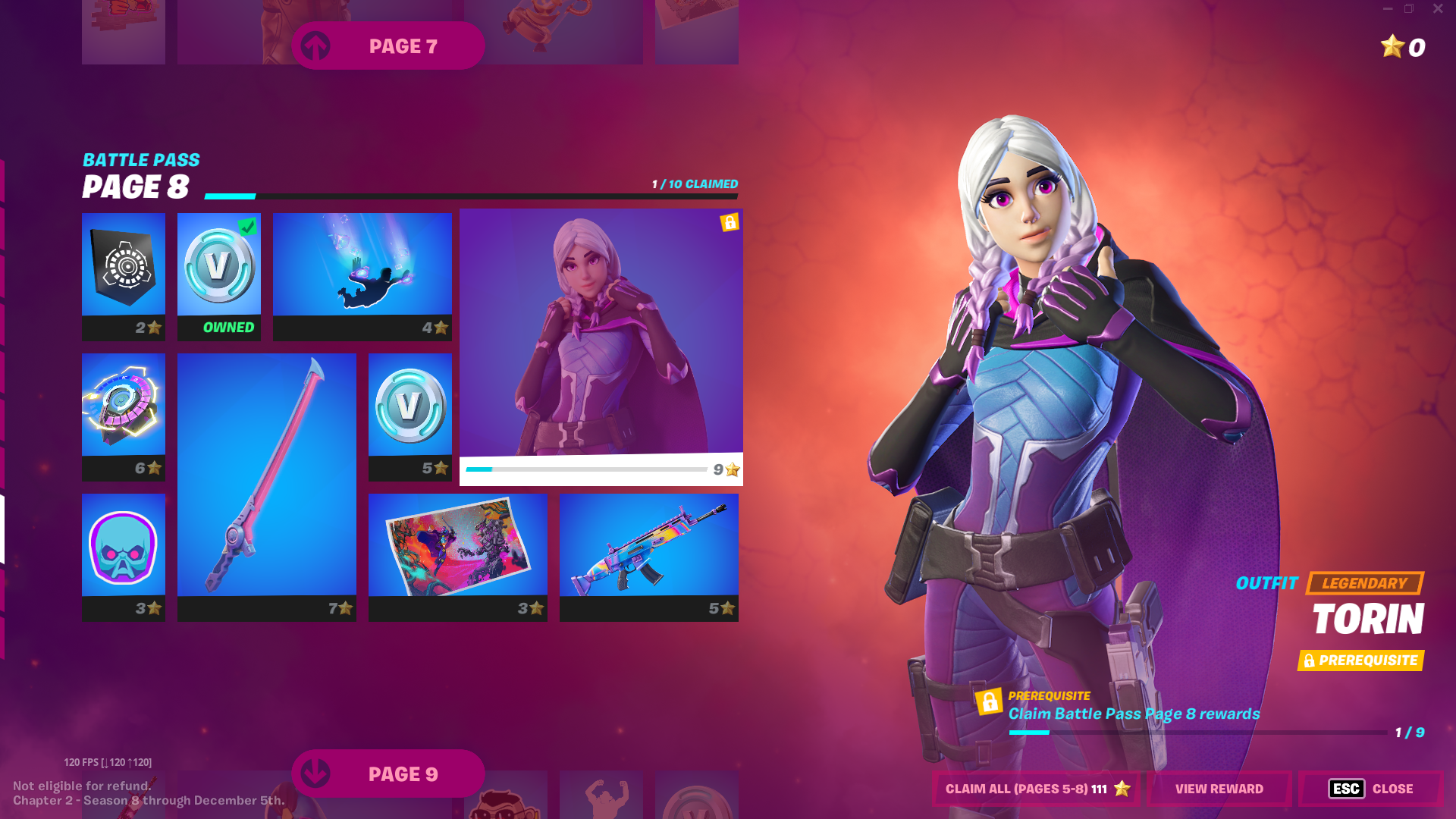
Microsoft, on a casual Monday morning, decided to drop more info on the Largest Rectangle also known as the Xbox Series X. While you can get lost in the number of teraflarps or the ability to (probably) play Blinx the Time Sweeper on your new Xbox, the Smart Delivery system was one of the bigger reveals. Automatically giving players the correct version of a game seems small, but it has grander implications of the future and how Microsoft is pushing gaming to be a more seamless experience for consumers.
Xbox has promised to support the feature with its own first-party exclusive titles, meaning that just buying Halo Infinite will net you the version appropriate for your Xbox. This is different from last generation where the suite of cross generational titles required a $10 upgrade fee to play the version for the newer console. Both the PS4 and Xbox One had similar systems so neither had a leg up (although the Xbox One program wasn’t as simple).
Sony, on the other hand, has said nothing of its plans to offer a similar program. However, now the console maker is in a position where it has to offer the same system or a better one or else it’ll look out of touch and anti-consumer.
Tearing down platform barriers

But that specific part of it is only relevant in the short-term as there are more far-reaching implications to Smart Delivery that extend past the console launches and whatever Assassin’s Creed you’ll easily be able to play on both generations. It’s representative of how Microsoft looks at the gaming atmosphere and where it wants the industry to go.
Much of this has to do with ripping down as many walls as possible (something also reinforced by Project xCloud‘s “play anywhere” approach). Xbox’s Phil Spencer even said as much during his most recent interview on the Game Maker’s Notebook podcast. While he was talking about input devices, his point also — unintentionally or not — illustrates the beauty of smoothly adapting to the needs of the player.
“The canvas for how people are going to control games going forward where the line between where you play a game and the input on that device is getting blurry,” he said to Insomniac’s Ted Price. “If you look at a massively successful game like Fortnite, what device is Fortnite played on? The answer is kind of, ‘Yes.'”
Fortnite was popular for a lot of reasons but one of the biggest ones was its ability to be a platform no matter where you were playing. Cross-platform progression and cross-play in Fortnite tore down old barriers (ironic for a game about building) and pushed the actual game to the forefront; not the system or the process of finagling with different profiles. The game bent around your needs and systems and your profile followed you. It was (eventually) just one Fortnite account. Premium titles shouldn’t give you every version for free, but they should be more willing to follow you between platforms and adapt around you. Smart Delivery is another step in that philosophy and isn’t the last.
(Eventually) tearing down how save data is locked to one platform

CD Projekt Red appears like it is also on board with Microsoft’s push to revolve around the player. The team was vocally supportive of Smart Delivery, tweeting that players “should never be forced to purchase the same game twice or pay for upgrades” when talking about the next gen versions of Cyberpunk 2077. And CD Projekt Red, given how the recent patch for the The Witcher 3 Switch port, also seems to support the logical next stage of Smart Delivery: cross-saves.
Doing this would be a natural progression of the aforementioned singular Fortnite profile system. Separating save data from the platform is a big step and could be what’s possible on the horizon. CD Projekt Red would be wise to do this with Cyberpunk 2077 since players probably won’t want to restart the epic RPG just months after finishing their first mission. It’s a problem the Switch has faced for years and hopefully developers have been working to make it a thing of the past when the new boxes come out.
The Switch and its gluttony of Switch ports offer a form of convenience we haven’t quite seen before: the ability to play full console games on the go. People love the Switch for that reason, which has built an audience big enough to warrant a gluttony of Switch ports. But the problem is that it just feels like you’re playing two different games that can’t talk to each other, which feels antiquated.
Grinding gear in both the Switch and PS4 versions of Mortal Kombat 11 or having to wear default costumes in Overwatch‘s recent Switch version is silly and tedious when it should just be one system-agnostic profile that stores everything. It might sound a little far-fetched, but given how cross-play went from a dubious dream at the start of this cycle to a reality, easily transferring saves between platforms seems well within the realm of reality. And that chance multiplies when when you consider the trajectory of what this is all working toward.
Tearing down the cheap “remaster” business

Purchasing the same games within different ecosystems is one thing, but rebuying titles within the same console family is something else entirely. Granted enough publishers jump on board, Smart Delivery would also help address the problem of simplistic ports and remasters that encourage players to rebuy games they already own in order to play them again. While some remasters or remakes are worth their weight, plenty, like the recent Bayonetta and Vanquish ports, are bare-bones “upgrades” hardly worth their asking price.
Players, especially those on PS4, often can’t play their old games as easily, which traps them into buying that game again, getting out their old system, or being out of luck. It’s a system publishers have exploited for years — which was aided by spotty backwards compatibility — that could finally be severely downsized and more focused on the players. If getting the same game on for free on your new platform is Smart Delivery, then haphazardly selling players ports of games they already own is Dumb Delivery.
Smart Delivery is in the same realm of cross-play, the Switch, and cross-saves as it destroys another previously upheld barrier that we’ve all come to accept as a way that gaming has to be. Some companies are figuring out that they can have success by thinking outside of the box and working for players instead of keeping the same old walls up. Smart Delivery is kicking off this upcoming generation with a player-friendly mindset and is not only smart like its title describes, but also likely a hint about where gaming is going in the next few years.
